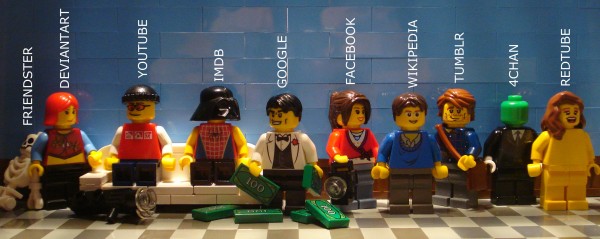Primarily I felt Klaus Schwag’s work on the 4th industrial revolution to be focused on the idea of preparation. It provides scenarios whereby it seems all industry is heading, and glosses over the implications that this has on various aspects of how we will perceive life in the future.
The most resonating part of Schwag’s work for me was actually in the beginning paragraphs. Whilst many have heard of the concept of the ‘internet of things’, there isn’t really much on it to set it apart from the rest. The notion that I got from this, which I feel to be one of the most important when looking at business, especially as a communication professional, is that you can no longer have a set, solid business structure. Everything from social media, to technology and innovations are moving so fast at this point that to slow down and have ‘concrete’ plans is not effective, you have to be flexible and be able to adapt to the constant changes that are happening.
To bring this idea back down to earth and apply it to more ‘straightforward’ industries, I have noticed personally with my interactions in industries such as the building and construction industry, that gone are the days whereby the idea of locality and a personal connection through word of mouth are major contributing factors to economic wellbeing. I have been involved in these industries since childhood, and I have noticed as time passed how it has moved from a more personal industry, to a disconnected one. More value is put on the word of those whom will remain unknown and the branding of a company than the idea of personal referrals and reputation.
Whilst Schwag’s work covers so much more than is written here, I feel this idea for me is the most important. As a business minded individual and media professional this is going to be one of the most critical things to be fully aware of in the coming years as the world continues to grow in areas unheard of before. Without this specific experience and knowledge, there may not be a place for you in certain industries right now, let alone many more in the future.

